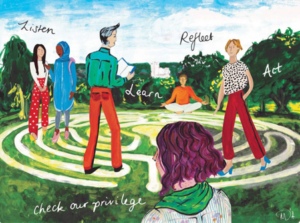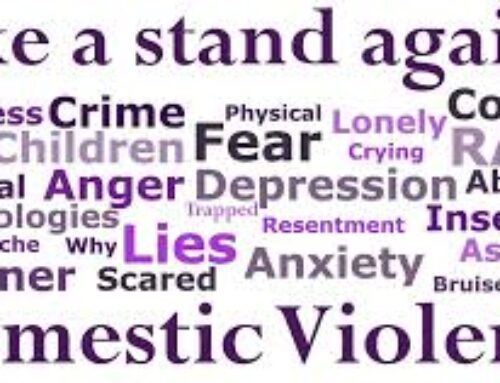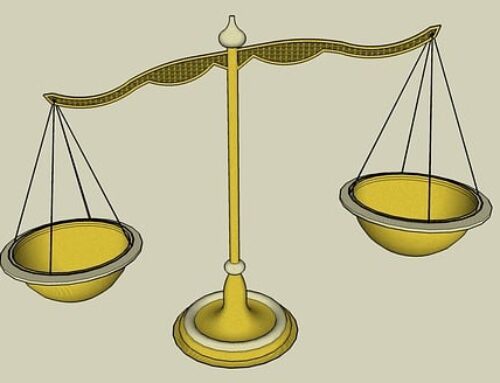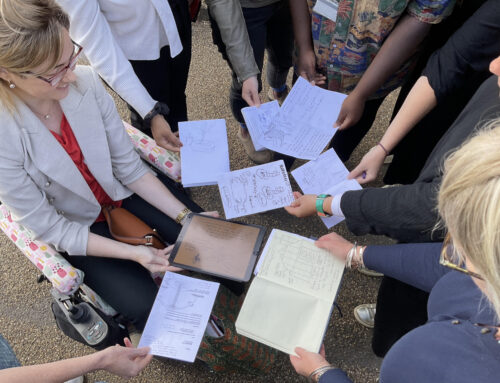
By Suhraiya Jivraj, Kent Law School – @suhraiyajivraj
Law-school teachers across the UK can begin to develop anti-racist curricula and classrooms by downloading ‘Towards Anti-racist Legal Pedagogy: A Resource’ which I launched at the beginning of the new academic year during a panel on legal education at the 2020 Annual Conference of the Society of Legal Scholars.
Currently, we know from Advance HE data that Black Minority Ethnic (BME) students graduate with lower degree marks than their white peers, despite entering university with similar or even better A-level results. We therefore know students of colour are experiencing barriers to achievement in the university setting which may be down to awarding gap, as well as other factors occurring at universities, including experiences of racism and the ways we teach or don’t. We also know that one in three law students is from a BME background, so it is highly likely that the overall attainment gap figure will be, as in the national attainment gap figure, reflected in many law schools and also translates into inequalities in the legal professions and judiciary. Whilst the systemic inequalities require significant redress beyond what some teachers will be able to tackle, we can all start where we are and begin taking steps.
The resource, supported by SLSA funding, is designed to help teachers develop anti-racist pedagogy in their teaching in five of the six foundation subjects currently required for a qualifying law degree (QLD). Underpinned by a theoretical framework of critical race theory, the resource explores experiences of racism in higher education and provides practical solutions for overcoming barriers to inclusion. It’s not a one-size-fits-all solution but one step towards ensuring and supporting law-school teachers so that they can embrace and reflect the diversity of their BME students. It comprises four easy-to-read chapters.
- Chapter one outlines the drivers for change underlying the emerging regulatory framework seeking to address inequalities relating to race and education more broadly in HE and in relation to gaps in legal education. It also explores the experiences of racism in HE and highlights the work of the HEFCE Consortium of five universities which have developed an inclusive curriculum framework which acts as a benchmark of current good practice in the sector.
- Chapter two outlines the methodology, theoretical framework and tensions in terminology from inclusion to decolonising.
- Chapter three draws on existing literature and inclusive curriculum resources highlighting key elements to assist teachers prepare the ground for developing a more anti-racist curriculum and classroom.
- Chapter four highlights existing examples of good practice in legal education gathered through interviews specifically with law-school teachers, an online survey in the five QLD subjects and an ‘Introduction to Law’ module.
Student movements such as Decolonise UoK (the decolonising movement at Kent University) are a key impetus for producing the resource. Decolonise UoK was a two-year student–staff collaborative research project funded by a Teaching Enhancement and Innovation Project that emerged from my Race, Religion and Law module. The project resulted in the production of a Manifesto of recommendations, launched at a packed conference in March 2019 and subsequently featured in the NUS/UUK #ClosingtheGap report (2019). Project members have also co-authored a recently launched book: Towards Decolonising the University: A Kaleidoscope for Empowered Action (Counterpress, 2020) now available to download on a pay-what-you-can basis here.
The new ‘Towards Anti-racist Legal Pedagogy’ resource is intended to be a working document that can evolve through crowdsourcing – teachers are invited to add their comments via a website that accompanies the document.
Dr Jivraj is a Reader in Law and Social Justice at Kent Law School and a Senior Fellow of the Higher Education Academy. Her work brings together an ethical commitment to critical and inclusive pedagogy and decolonising work. Her teaching responsibilities span across Public Law, Race, Religion & Law and Gender, Sexuality & Law. She is former Deputy Director of Education for ‘Decolonising the Curriculum’ and academic lead for the Decolonise the Curriculum Project (2018-2020).






Leave A Comment